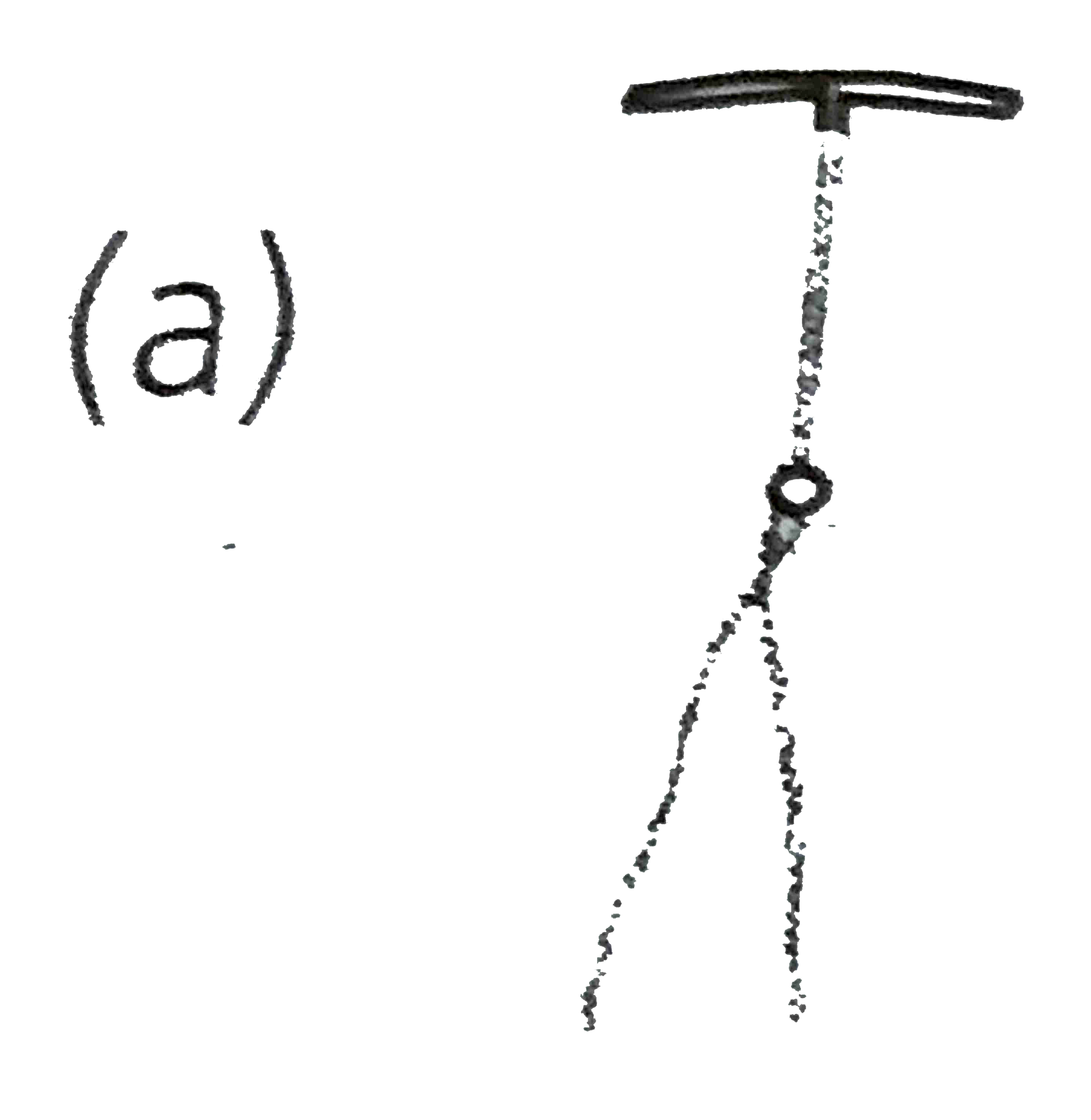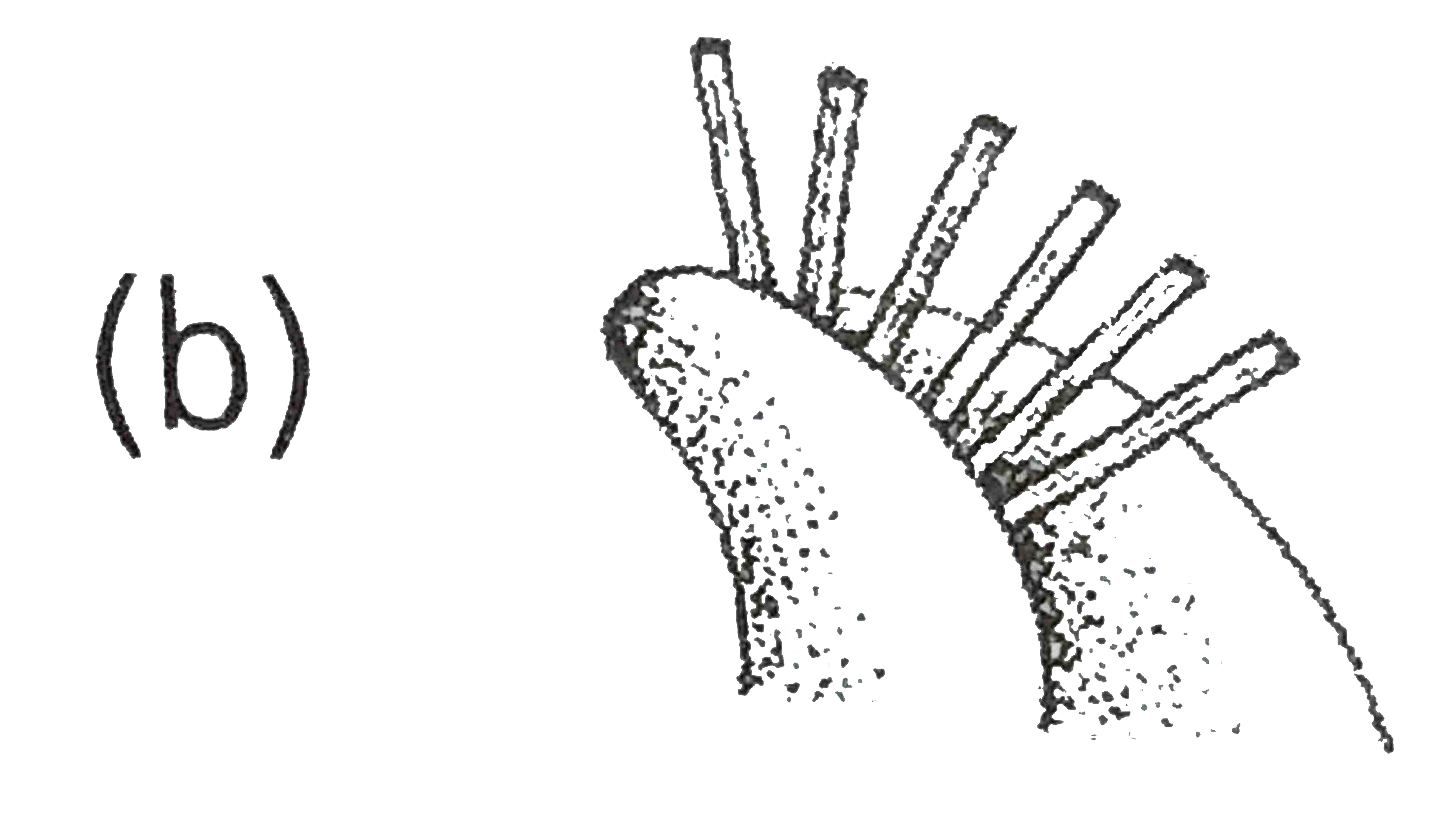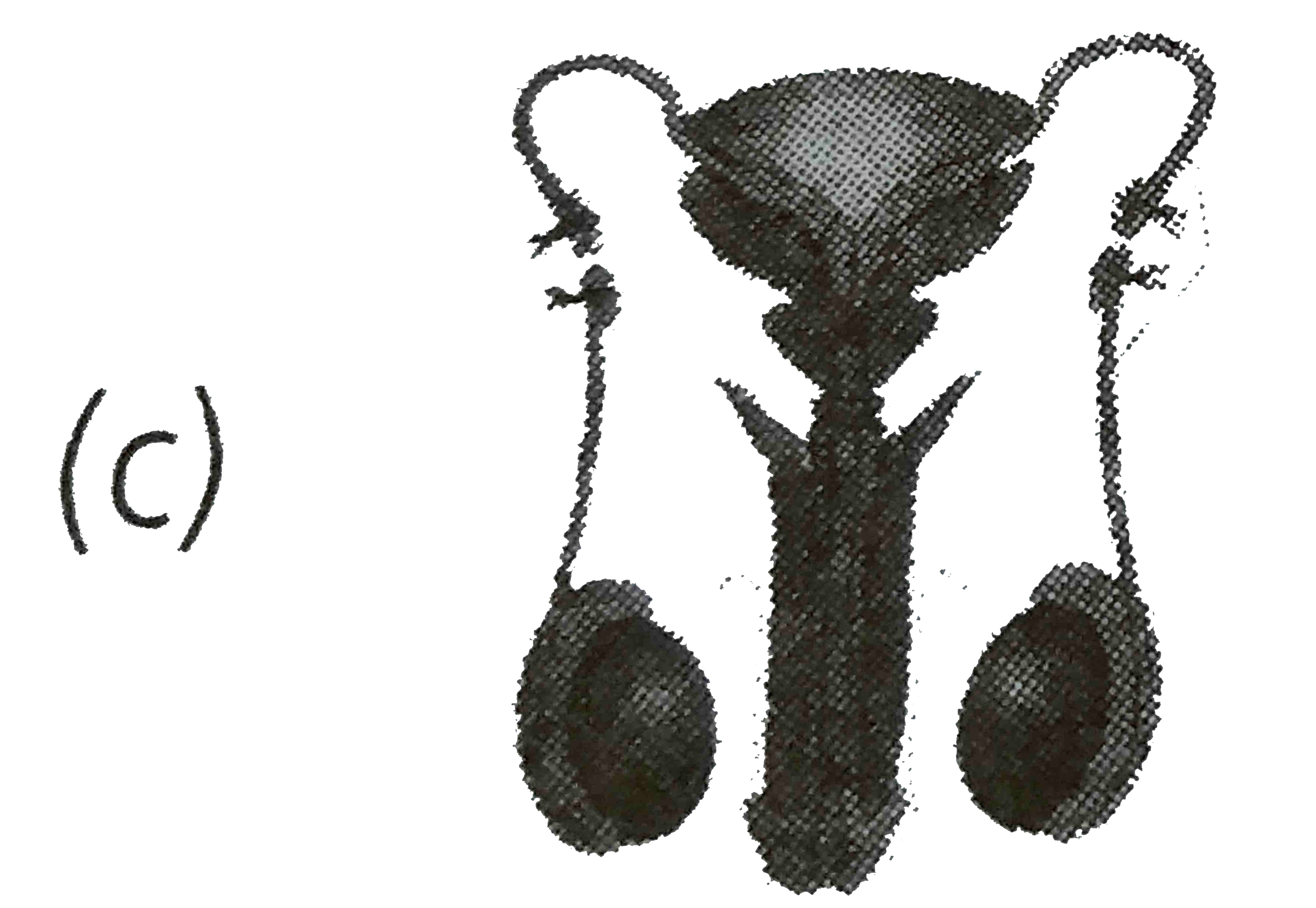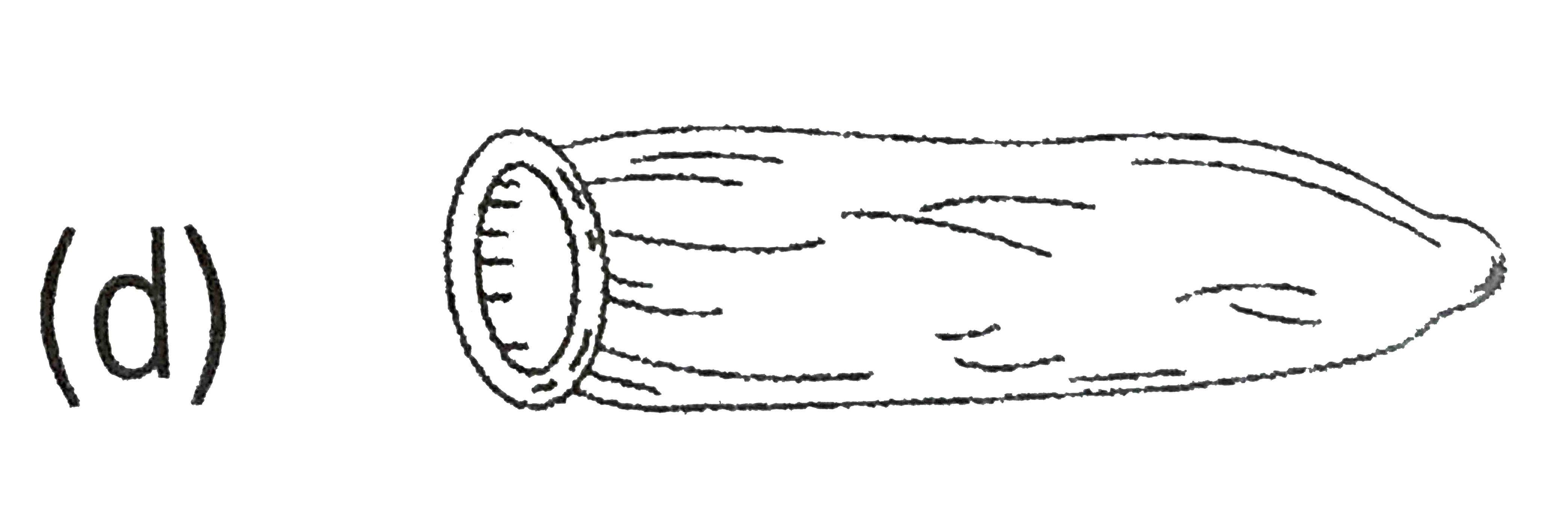Which among these are reversible contraceptive methods:
Intra-uterine devices
Condoms
Oral contraceptives
All of these
To determine which among the given options are reversible contraceptive methods, let's analyze each option step by step:
Step 1: Understand Reversible Contraceptive Methods
Reversible contraceptive methods are those that can be used to prevent pregnancy but can be discontinued at any time, allowing for the possibility of conception to resume.
Step 2: Analyze Each Option
1. Intrauterine Devices (IUDs):
- IUDs are small devices inserted into the uterus to prevent pregnancy. They can be removed by a healthcare provider, and fertility typically returns quickly after removal.
- Conclusion: Reversible.
2. Condoms:
- Condoms are barrier methods that prevent sperm from reaching the egg. They are used during sexual intercourse and can be used repeatedly. After use, they do not affect future fertility.
- Conclusion: Reversible.
3. Oral Contraceptives:
- Oral contraceptives (the pill) are taken daily to prevent ovulation. Once a person stops taking the pill, their fertility usually returns quickly.
- Conclusion: Reversible.
4. All of These:
- Since all the above methods (IUDs, condoms, and oral contraceptives) are reversible, this option suggests that all listed methods are reversible contraceptive methods.
- Conclusion: Reversible.
Step 3: Final Answer
Based on the analysis, all the options provided are reversible contraceptive methods. Therefore, the correct answer is D. All of these.
---
Reversible contraceptive methods are those that can be used to prevent pregnancy but can be discontinued at any time, allowing for the possibility of conception to resume.
1. Intrauterine Devices (IUDs):
- IUDs are small devices inserted into the uterus to prevent pregnancy. They can be removed by a healthcare provider, and fertility typically returns quickly after removal.
- Conclusion: Reversible.
- Condoms are barrier methods that prevent sperm from reaching the egg. They are used during sexual intercourse and can be used repeatedly. After use, they do not affect future fertility.
- Conclusion: Reversible.
- Oral contraceptives (the pill) are taken daily to prevent ovulation. Once a person stops taking the pill, their fertility usually returns quickly.
- Conclusion: Reversible.
- Since all the above methods (IUDs, condoms, and oral contraceptives) are reversible, this option suggests that all listed methods are reversible contraceptive methods.
- Conclusion: Reversible.
Based on the analysis, all the options provided are reversible contraceptive methods. Therefore, the correct answer is D. All of these.
Topper's Solved these Questions
- SAMPLE PAPER 10BOOK - EDUCART PUBLICATIONCHAPTER - SAMPLE PAPER 10EXERCISE - SECTION-B
20 Videos
- SAMPLE PAPER 10BOOK - EDUCART PUBLICATIONCHAPTER - SAMPLE PAPER 10EXERCISE - SECTION-C
10 Videos
- SAMPLE PAPER 1 BOOK - EDUCART PUBLICATIONCHAPTER - SAMPLE PAPER 1 EXERCISE - SECTION-C
12 Videos
- SAMPLE PAPER 2 BOOK - EDUCART PUBLICATIONCHAPTER - SAMPLE PAPER 2 EXERCISE - SECTION-C
12 Videos
Similar Questions
Knowledge Check
Which among these is not true for injectable contraceptives?
AIntramuscular administrationBConception provision for a 1-3 monthsCProgestogens/Progestogens-Estrogen combinationDNatural hormonal preparationsThe natural/traditional contraceptive method is
APeriodic abstinenceBCoitus interruptus or withdrawalCLactational amenorrheaDAll of the aboveWhich of the following contraceptive methods has poor reversibility ?
A B
B C
C D
D
Which of the following contraceptive methods do involve a role of hormone ?
View SolutionWhich of the following contraceptive method is exclusively for males
View SolutionWhich among these contraceptive devices promotes cervix hostility?
View SolutionMost effective contraceptive method for ladies is :
View SolutionWhich of the following contraceptive method has high rate of failure ?
View Solution